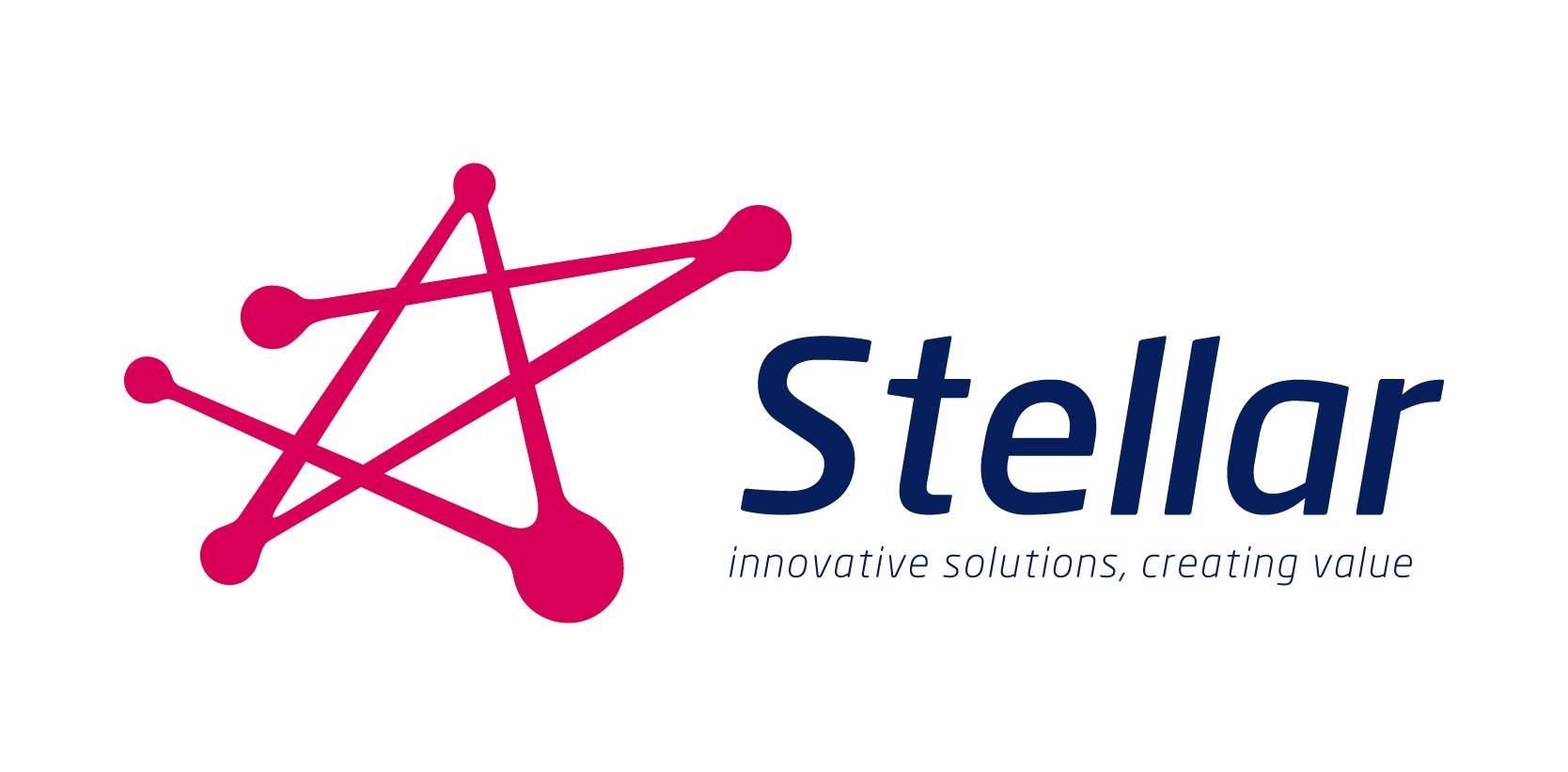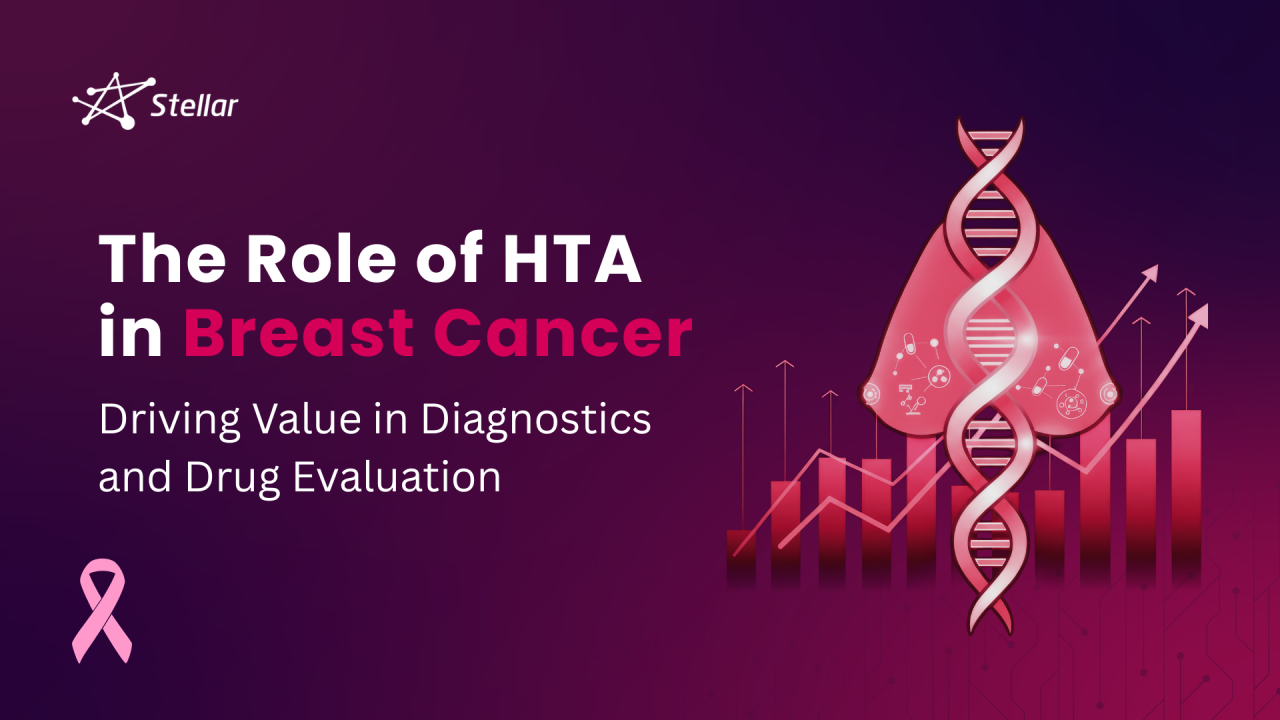Health Technology Assessment (HTA) has become the backbone of evidence-informed decision-making in oncology, ensuring that innovative diagnostics and treatments for breast cancer deliver real clinical value, cost-effectiveness, and equitable access. As new genomic and targeted therapies transform the disease landscape, HTA plays a pivotal role in guiding healthcare systems to adopt interventions that improve patient outcomes while optimizing spending efficiency.
1. Evaluating Oncology Drugs through HTA
Over the past decade, the number of new breast cancer drugs—especially targeted therapies, CDK4/6 inhibitors, and antibody-drug conjugates (ADCs)—has rapidly increased. HTA frameworks assess these therapies across multiple domains: clinical effectiveness, cost-effectiveness, ethical implications, and population-level impact.
In the European Union, starting in 2025, a central EU HTA framework now standardizes evaluation of all newly approved cancer drugs before market introduction—a milestone expected to unify access decisions and accelerate time-to-reimbursement for high-value therapies. Similarly, countries such as Australia and India have piloted adaptive HTA models to evaluate oncology drugs in real-world and resource-limited settings, demonstrating improved equity and prioritization.
2. HTA in Evaluating Genomic & Diagnostic Technologies
HTA has also transformed how health systems evaluate genomic testing and molecular diagnostics in the management of early breast cancer. The primary objective is to ensure that such innovations, including gene expression profiling assays, deliver measurable benefits for both patients and healthcare systems.
A detailed assessment by the Health Information and Quality Authority (HIQA) found that these tests effectively identify women who can safely avoid chemotherapy without compromising survival outcomes, significantly improving quality of life and reducing healthcare costs. Similarly, a Swiss HTA report (FOPH) concluded that multigene-expression tests deliver high clinical utility and are cost-effective for estrogen receptor-positive, HER2-negative breast cancer.
Recent diagnostic advancements such as AI-assisted digital mammography and digital breast tomosynthesis (DBT) are also undergoing HTA evaluation. According to Frontiers in Oncology (2025), DBT improves early tumor detection rates by up to 30% while reducing false positives by 20%, making it a strong candidate for cost-effectiveness adoption models across national screening programs. HTA agencies are beginning to examine not only the clinical validity of AI-based tools but also issues of workflow integration, patient equity, and ethical data use.
3. Aligning Innovation with Access and Sustainability
The future of breast cancer HTA lies in combining clinical trials with real-world data analytics to assess long-term cost-effectiveness. Policy reviews in 2025 underline the necessity of adaptive HTA frameworks—capable of assessing small patient subgroups, biomarker-driven therapies, and dynamic diagnostic algorithms. This approach ensures that innovations in precision medicine reach patients faster while maintaining fiscal responsibility.
Beyond cost analysis, HTA now drives value-based oncology, linking reimbursement to real clinical outcomes. For pharmaceutical developers and diagnostic manufacturers, early engagement with HTA bodies is crucial for aligning evidence generation strategies with payer expectations.
Conclusion
HTA pathways are redefining how breast cancer technologies—both drugs and diagnostics—are assessed, adopted, and reimbursed. By integrating robust evidence synthesis, economic modeling, and real-world analysis, HTA helps ensure that innovation translates into accessible, equitable, and sustainable clinical benefit. As breast cancer continues to evolve toward personalized treatment paradigms, HTA will remain an essential compass guiding the balance between innovation, value, and patient-centered care.
References:
- https://www.esmo.org/policy/health-technology-assessment
- Ghosh S, Pramesh CS, Sengar M, et al Exploring adaptive health technology assessment for evaluating 10 cancer interventions: insights and lessons from a pilot study in India BMJ Evidence-Based Medicine Published Online First: 02 January 2025. doi: 10.1136/bmjebm-2023-112490
- Health Information and Quality Authority. A Rapid Health Technology Assessment of Gene Expression Profiling Tests for Guiding the Use of Adjuvant Chemotherapy in Early-Stage Invasive Breast Cancer. 2024.
- Gimon, de Graaf. "Multigene-Expression Tests in Early Breast Cancer." Federal Office of Public Health FOPH, 25 Aug. 2025.
- Khan, A. Q., Touseeq, M., Rehman, S., Tahir, M., Ashfaq, M., Jaffar, E., & Abbasi, S. F. (2025). Advances in breast cancer diagnosis: A comprehensive review of imaging, biosensors, and emerging wearable technologies. Frontiers in Oncology, 15, 1587517. https://doi.org/10.3389/fonc.2025.1587517
- Rare Cancers Australia. (2025). Health Technology Assessment (HTA) Reform: RCA Policy Briefing. Retrieved from https://www.rarecancers.org.au/wp-content/uploads/2025/02/Briefing-HTA-Reform-1.pdf


